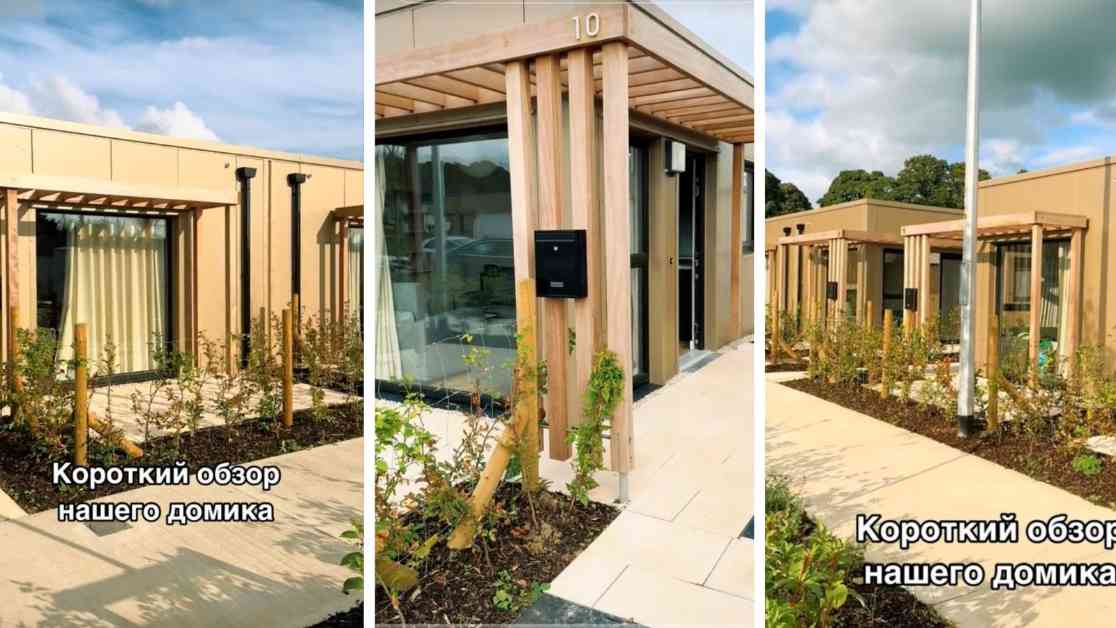Ireland continues to face a severe housing crisis, with many families struggling to afford homes due to high inflation and soaring property prices. The latest census data reveals that 41% of young adults aged 18 to 34 still live with their parents, highlighting the significant strain on the housing market.
Amidst this crisis, the Irish government’s decision to invest in housing projects for Ukrainian refugees has sparked outrage among locals. One of the largest developments in Haywood, Clonmel, is a government-funded modular housing scheme with 82 units capable of housing 2,640 refugees. Initially estimated to cost £167,000 per unit, the price has now soared to approximately £370,000 per home, raising concerns among Irish citizens about the allocation of resources.
The prioritization of housing for refugees over addressing the needs of Irish citizens has led to protests and public backlash. Violent protests erupted in Clonmel, where security workers were injured, vehicles were damaged, and arrests were made for public order offenses. Social media has also been a platform for many Irish citizens to express their frustrations about the government’s decision to allocate funds towards housing refugees instead of addressing the housing crisis at home.
Protests have been occurring nationwide, with locals in East Wall, Dublin, and Roscrea, County Tipperary, expressing their concerns about the lack of communication from authorities regarding the repurposing of buildings for refugee accommodation. In Clonmel, the Clonmel Concerned Residents Group has demanded transparency from the government, emphasizing the need to prioritize the needs of Irish citizens.
The ongoing protests highlight the deep-rooted frustrations among Irish families who feel neglected amidst the housing crisis. The government’s decision to invest in expensive homes for refugees has exacerbated these feelings, leading to widespread backlash across the country. As the housing crisis in Ireland continues to worsen, it is crucial for authorities to address the needs of both refugees and Irish citizens in a transparent and equitable manner.













